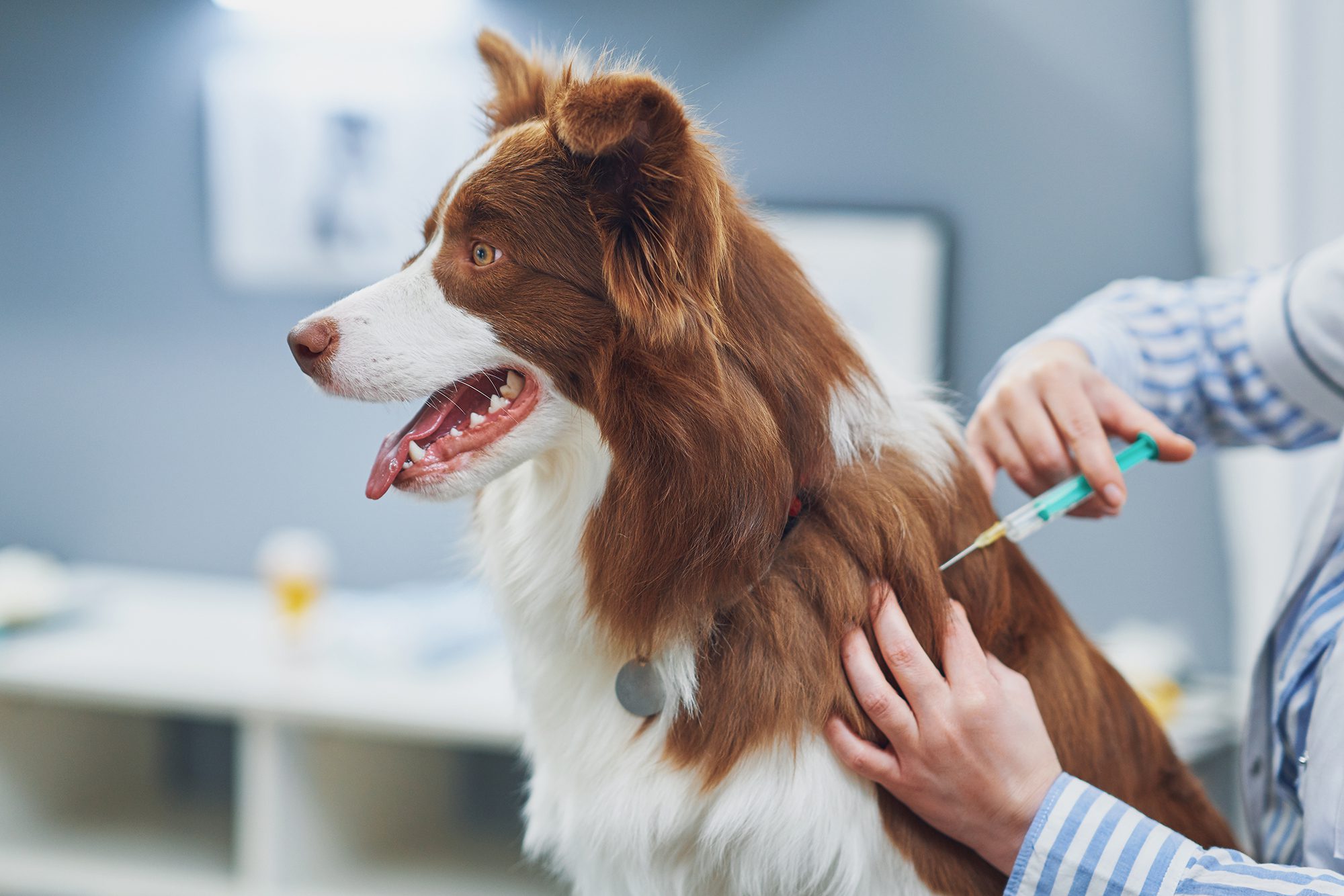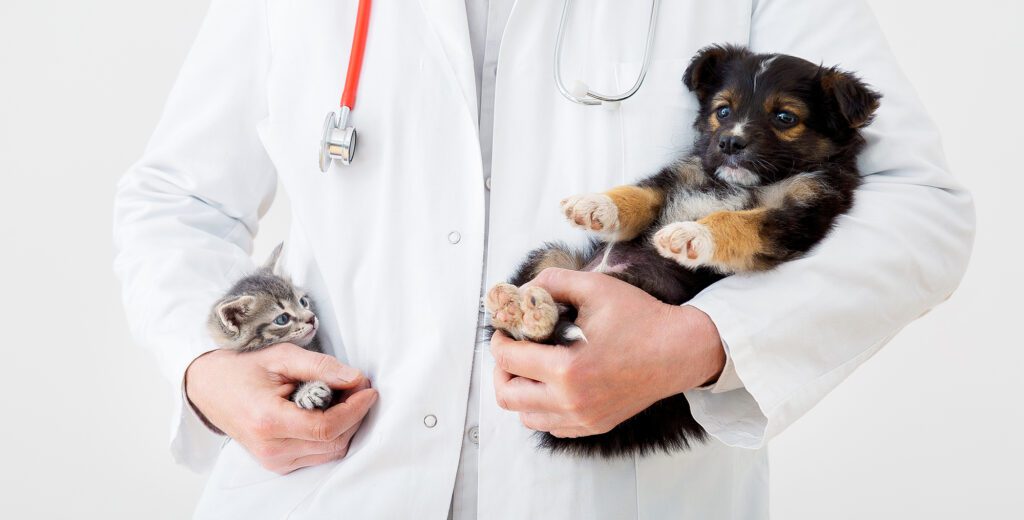
When the skin of a human is penetrated or broken by the teeth or claws of a dog or cat, it is required by law to be reported due to the concern for possible exposure to the rabies virus. Rabies is communicable to humans by the saliva from an infected animal. Animals that have bitten or scratched, are required by law to be quarantined for ten days from the date of the bite. If the biting/scratching animal is currently vaccinated for rabies it may qualify for a home quarantine. Home quarantine is not authorized in the following instances:
These animals are required to be quarantined at WCRAS Washoe County Regional Animal Services or at a veterinary hospital for public safety.
Cats are more likely to become infected than dogs. You may think dogs are the most common domestic rabid animal, but cats are infected at a much higher rate than dogs. Since 1992, cats have been the most frequently reported rabid domestic animal (followed by dogs). This is because many cat owners do not vaccinate their cats against the disease.
Indoor-only pets can get rabies. While indoor-only pets don’t have contact with wild animals like outdoor pets do, they can still come into contact with rabid animals if one enters the home. Bats (The most common rabid animal in the United States.) enter homes and can bite or scratch pets.
Rabies virus infections in mammals are almost always deadly. Only a small percentage of animals that have rabies survive. When a suspected rabid animal goes to the vet, there are two options: euthanize or quarantine them. Even if you make the decision to quarantine your pet, there is little chance of survival even if your pet isn’t showing signs of the disease. Once a pet shows clinical signs of the disease, survival is not likely.
There is no test for rabies in live animals. The only way to diagnose rabies is through testing of brain tissue once the animal has died or been euthanized. The only way to determine if a living animal has rabies is to quarantine them and wait for visible clinical signs to show.
Did you know? The rabies vaccine is required by law in Nevada for every dog, cat, and ferret who is 12 weeks of age. Under state law (Nevada Administrative Code 441A.412) your veterinarian is required to send a copy of the vaccination certificate to the Washoe County Health District. This is to ensure that rabies vaccinations are being regularly administered for the safety of our pets, residents, and visitors.
Most often, cats get rabies after being bitten by a wild animal. Even if you have an indoor cat, they are still at risk. An infected animal such as a mouse could enter your home and spread the condition. Therefore, this law acts as a proactive measure to ensure our pets are protected.
There are no treatments available for rabies. Once a pet is infected with rabies, there is no medication or treatment that your veterinarian can offer. The only way to truly save your pet from rabies is to prevent them from getting it in the first place with a vaccine.
For our beloved pets, the rabies vaccine isn’t just a recommendation; it's a shield.

At Reno Pet Sitter, I've always prioritized the well-being of the pets entrusted to my care. This starts right from our first meet-and-greet. Every initial consultation is an opportunity for us to understand the unique needs and temperament of each pet. The requirement for an up-to-date rabies certificate isn’t just about paperwork; it’s about peace of mind. This dedication is mirrored in every aspect of my service.
From meticulously adhering to my scheduling constraints to serving specific zip codes, I am intentional in all I do. My aim is to be close to your home, offering prompt service every pet deserves.
My service spectrum is broad. Whether it’s administering topical or oral medication, engaging in a playful session, or ensuring fresh water and clean bowls, I'm there. And when Reno’s unpredictable weather or road conditions challenge me, I adjust without compromising on care.
Having provided pet care services since 2007 under the aegis of Reno Pet Sitter and Ruff Ruff Ruff Meow, I've seen, learned, and grown. What started as a passionate endeavor has flourished into a commitment. I will ensure your pet feels loved, is cared for, and is safe when you're away.
Living in a Caughlin Ranch community with my Labrador Retriever, Farley, I’ve been enamored by the bond between pets and their owners. My love for the outdoors and animals often intersects, like during hikes with Farley. Through Paws 4 Love, Farley and I volunteer and giving back.
Trust is paramount. That’s why, beyond licensing, I've trained to become a Fear Free Certified Pet Professional. Addressing fear, anxiety, and stress in pets is integral for a holistic pet sitting service.
The rabies vaccine is a small yet crucial step. For every client of Reno Pet Sitter, it's our shared commitment to the well-being of furry family members.
So, as you reflect on your pet's needs, remember that Reno Pet Sitter is here to offer a helping hand, a gentle pat, and service that mirrors your love for your pet. I anticipate being a part of your pet’s joyful and safe journey.